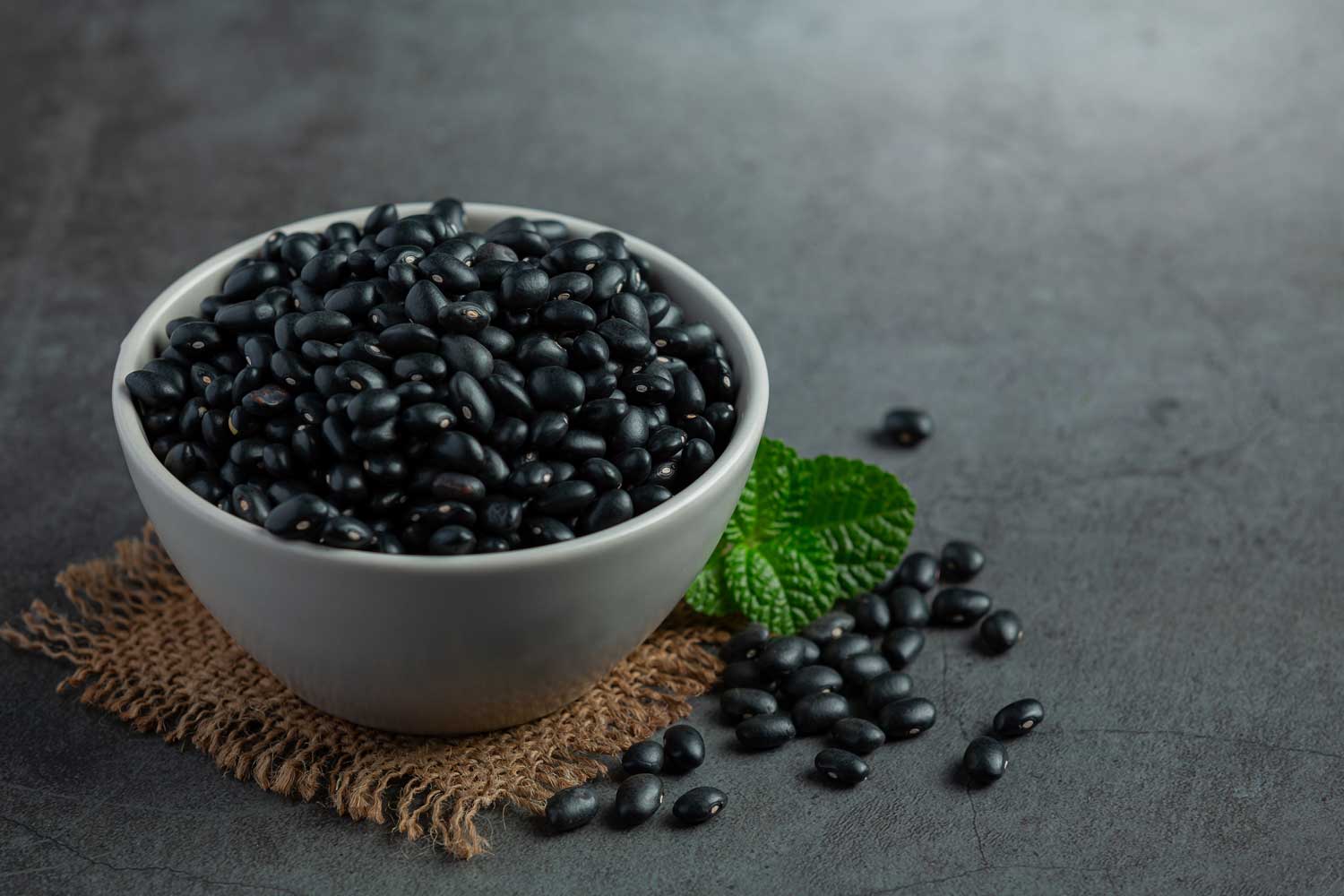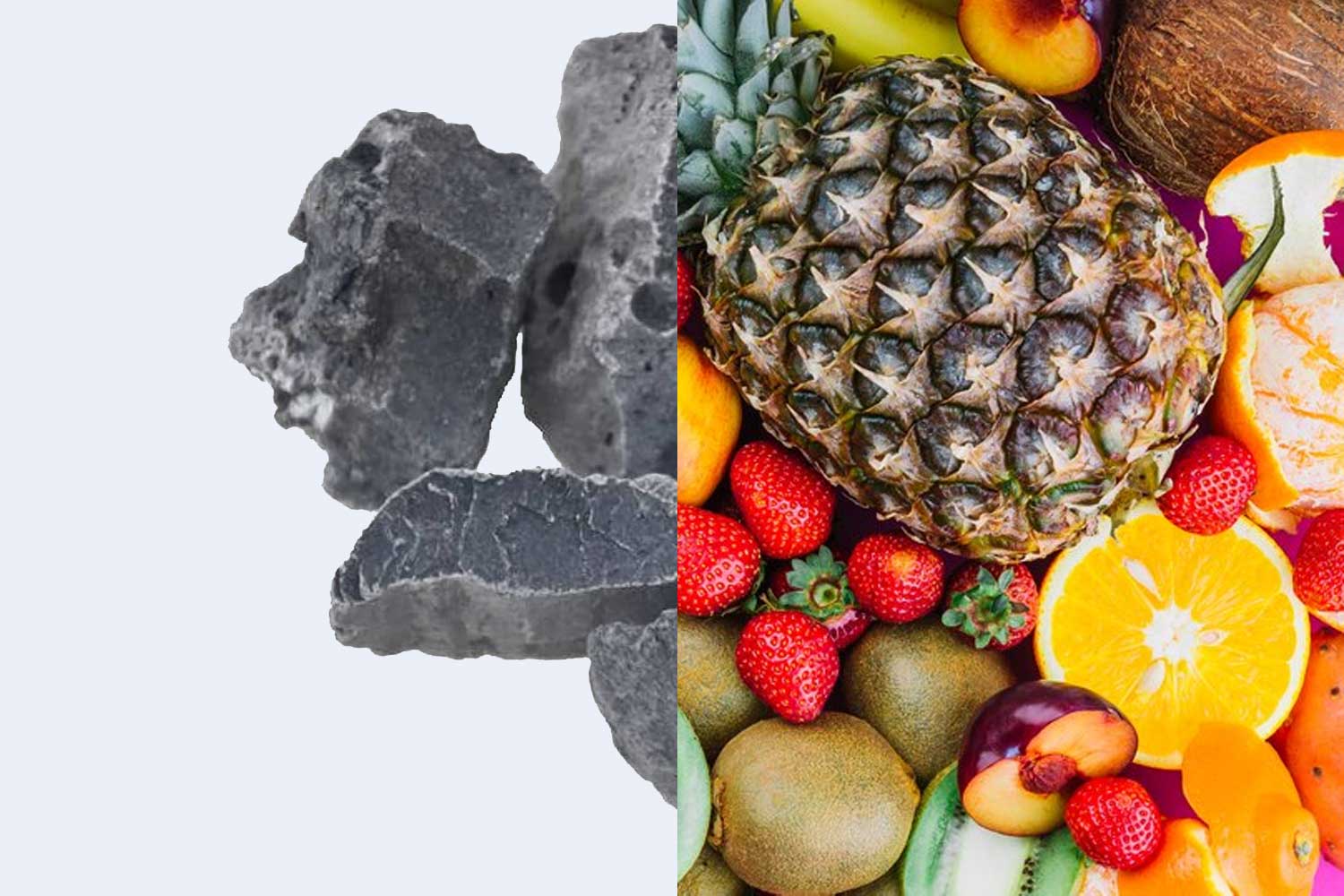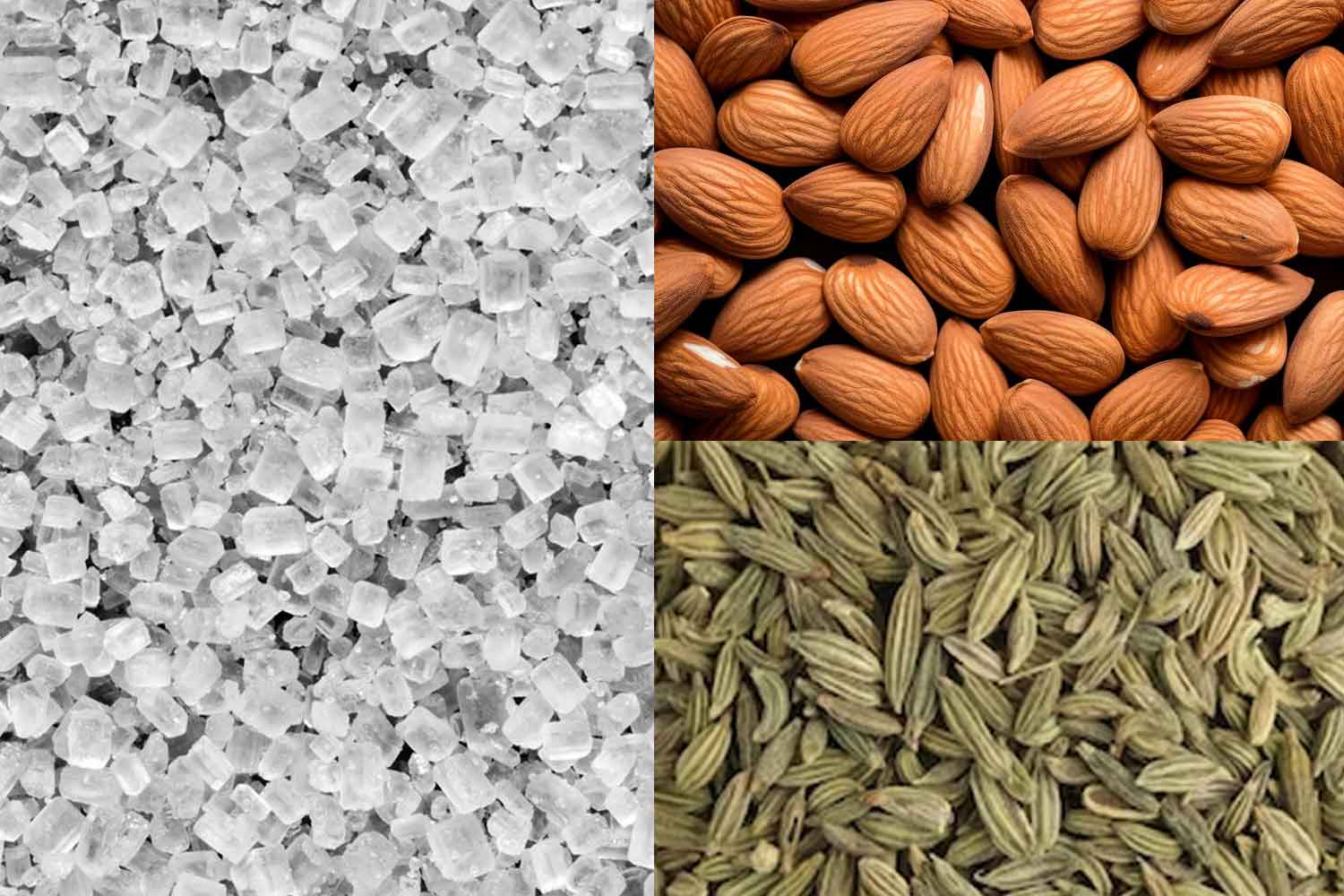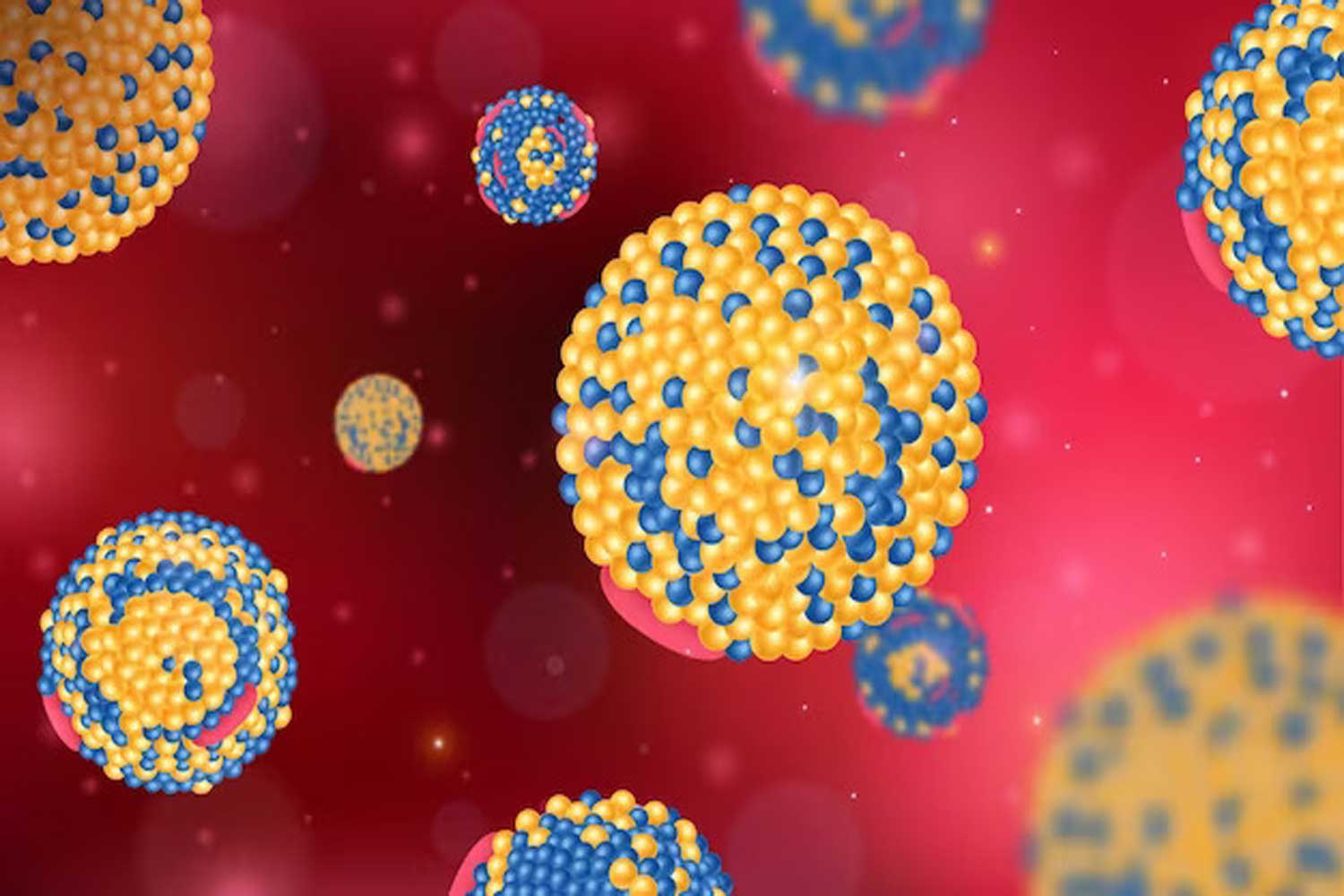In the quest for optimal health and well-being, essential nutrients play a crucial role. Among them, Vitamin B7, also known as biotin, takes the spotlight. This water-soluble vitamin is involved in various bodily functions and is particularly renowned for its role in supporting healthy hair, skin, and nails. Whether you’re following a vegan lifestyle or simply looking to explore plant-based sources of Vitamin B7, this article will guide you through its benefits, six vegan food options rich in this vitamin, recommended dosage, and potential risks of consuming too much.
Benefits of Vitamin B7
Vitamin B7 offers a wide range of benefits, making it an important nutrient to incorporate into your diet. Let’s dive into some of the key advantages:
- Hair, Skin, and Nail Health: Vitamin B7 plays a crucial role in maintaining the health and vitality of your hair, skin, and nails. It promotes the production of keratin, a protein that is essential for strong and healthy hair and nails. Additionally, Vitamin B7 helps improve the overall appearance of your skin, supporting a clear and radiant complexion.
- Energy Metabolism: Vitamin B7 is involved in the metabolism of carbohydrates, fats, and proteins, contributing to the conversion of these macronutrients into energy. By assisting in the breakdown and utilization of nutrients, Vitamin B7 supports optimal energy production, helping you stay energized throughout the day.
- Brain Function: Adequate levels of Vitamin B7 are important for maintaining healthy brain function. This vitamin supports neurotransmitter activity, which is essential for cognitive processes such as learning, memory, and concentration. By supporting brain health, Vitamin B7 may also play a role in promoting overall mental well-being.
- Cell Growth and Repair: Vitamin B7 is involved in cell growth and repair processes. It aids in the production of DNA and RNA, the genetic material required for cell replication and repair. This vitamin also supports the development and maintenance of healthy tissues throughout the body.
- Blood Sugar Regulation: Vitamin B7 plays a role in the metabolism of glucose, helping to regulate blood sugar levels. By assisting insulin in efficiently utilizing glucose for energy, Vitamin B7 can contribute to balanced blood sugar levels, promoting overall metabolic health.
- Pregnancy Support: During pregnancy, the demand for Vitamin B7 increases. This vitamin is crucial for the healthy growth and development of the fetus. Adequate intake of Vitamin B7 is essential for proper embryonic development, as well as the formation of the baby’s hair, skin, and nails.
Vegan Sources of Vitamin B7
When it comes to vegan sources of Vitamin B7, you have a diverse array of options to choose from. Let’s explore these plant-based sources in more detail:
- Almonds: These tasty nuts are not only a great source of healthy fats but also provide a significant amount of Vitamin B7. Almonds can be enjoyed as a standalone snack, added to salads or stir-fries, or incorporated into homemade granola for a delightful crunch and a boost of biotin.
- Legumes: Lentils, chickpeas, and black beans are not only rich in protein and dietary fiber but also offer a good amount of Vitamin B7. These versatile legumes can be used in a variety of dishes, such as soups, stews, curries, and salads, making them excellent choices for vegans seeking to enhance their biotin intake.
- Whole Grains: Whole grains like oats, brown rice, and quinoa contain decent amounts of Vitamin B7. These grains not only provide complex carbohydrates and essential nutrients but also contribute to your daily intake of biotin. Incorporating these grains into your meals, whether it’s a hearty breakfast bowl, a nourishing grain salad, or a comforting side dish, can support your overall health and well-being.
- Seeds: Flaxseeds, chia seeds, and sunflower seeds are not only popular for their rich nutrient profile but also offer a good dose of Vitamin B7. These tiny powerhouses are versatile additions to your meals and snacks. Sprinkle them on salads, cereals, or smoothies for an added nutritional boost and a delightful crunch.
- Leafy Greens: Leafy green vegetables like spinach, kale, and Swiss chard are not only packed with vitamins and minerals but also contain Vitamin B7. These greens are not only beneficial for their biotin content but also offer a wide range of health-promoting compounds. Whether enjoyed in salads, sautéed as a side dish, or blended into a refreshing green smoothie, leafy greens are a fantastic addition to your diet.
- Mushrooms: Various types of mushrooms, such as shiitake and portobello, are not only delicious but also offer a good amount of Vitamin B7. These fungi provide a unique umami flavor and can be used in a multitude of dishes. Add them to stir-fries, salads, or pasta dishes for a nutritious and flavorful twist while increasing your Vitamin B7 intake.
By incorporating these vegan sources of Vitamin B7 into your diet, you can enjoy the numerous health benefits this essential nutrient has to offer. Remember to vary your food choices to ensure a well-rounded intake of nutrients and consult with a healthcare professional or registered dietitian for personalized advice based on your specific dietary needs and preferences.
Recommended Dosage of Vitamin B7
The recommended daily intake of Vitamin B7 varies based on age, sex, and specific life stages. The following are the general guidelines for Vitamin B7 intake:
- Infants (0-6 months): 5 micrograms (mcg)
- Infants (7-12 months): 6 mcg
- Children (1-3 years): 8 mcg
- Children (4-8 years): 12 mcg
- Children (9-13 years): 20 mcg
- Adolescents (14-18 years): 25 mcg
- Adults (19 years and older): 30 mcg
- Pregnant women: 30 mcg
- Lactating women: 35 mcg
It’s important to note that these values are general recommendations, and individual needs may vary. It’s always best to consult with a healthcare professional or registered dietitian for personalized advice based on your specific circumstances.
Potential Surplus and Risks
Vitamin B7 is generally considered safe and well-tolerated when consumed within the recommended dosage. There are no known risks associated with excessive Vitamin B7 intake from natural food sources. However, high doses of biotin supplements, often taken for specific purposes such as hair or nail growth, can lead to misleading laboratory test results. These high doses are typically much higher than the recommended daily intake and should be taken only under the guidance of a healthcare professional.
If you have any concerns about Vitamin B7 intake or plan to take biotin supplements, it’s important to consult with a healthcare professional. They can provide personalized advice, assess your specific needs, and guide you on the appropriate dosage for your circumstances.
Vitamin B7, or biotin, is a valuable nutrient that offers a range of benefits for your overall health and well-being. From supporting hair, skin, and nail health to promoting energy metabolism, brain function, and cell growth, this vitamin plays a vital role in numerous bodily processes. By incorporating vegan sources of Vitamin B7 into your diet and following the recommended dosage guidelines, you can harness the power of this essential nutrient. Remember, if you have any specific concerns or consider taking biotin supplements, it’s always wise to consult with a healthcare professional for personalized advice and guidance.












